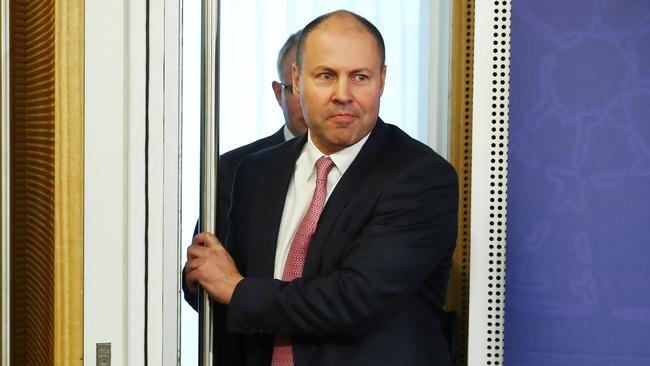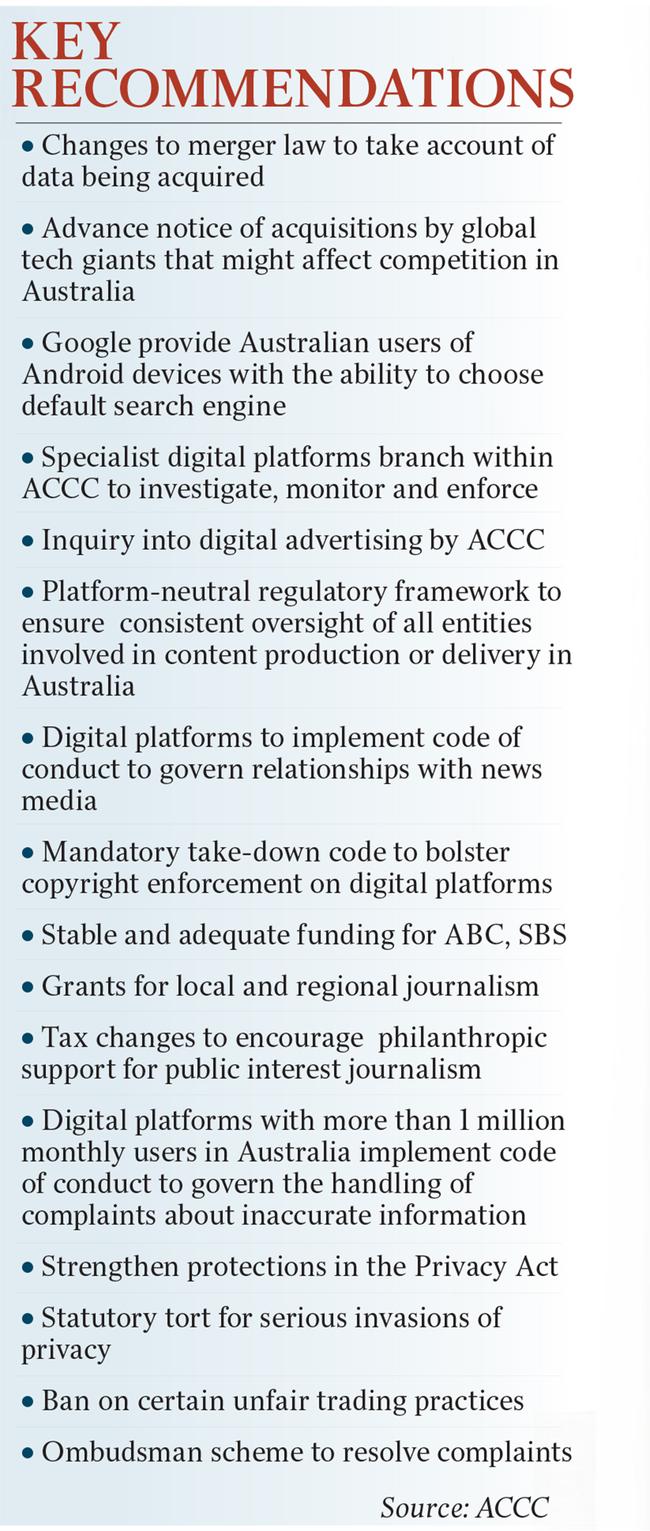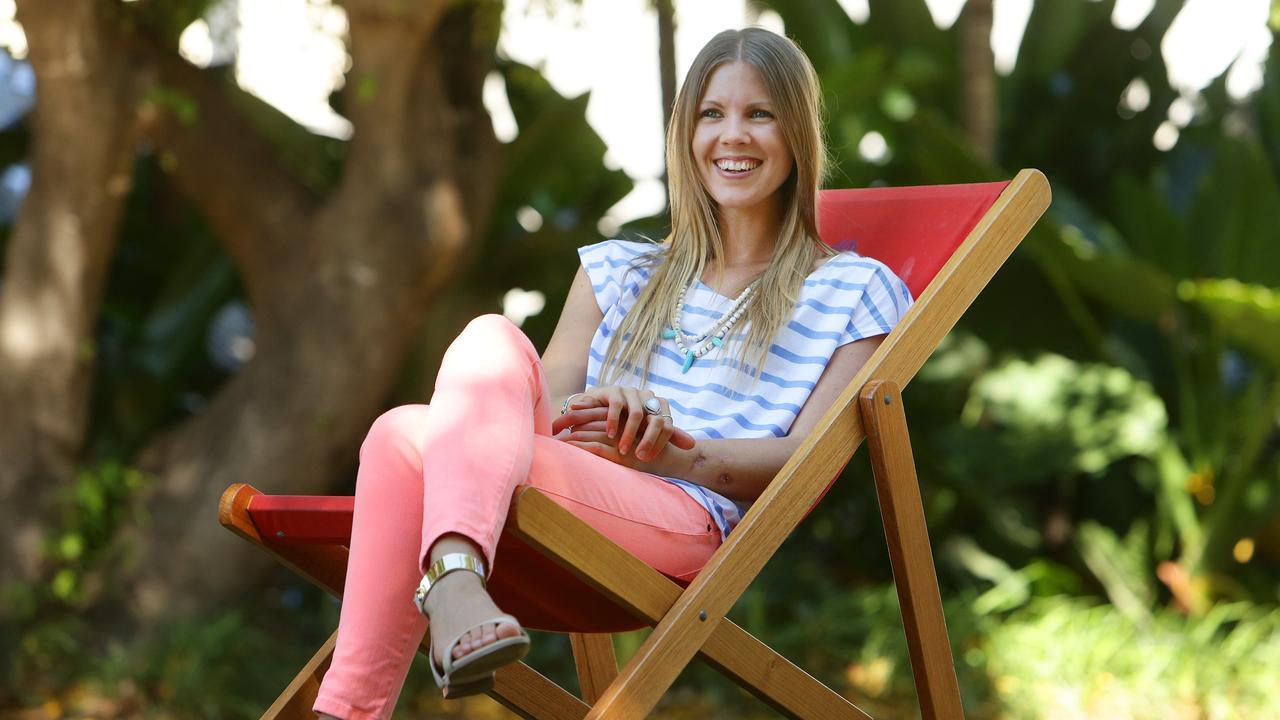Giants of tech face day of reckoning
Facebook and Google could be forced to share revenue, face investigations and be fined for spreading fake news.

Facebook and Google could be forced to share revenue from journalism with traditional media, face investigations by a new digital branch of the competition watchdog and be fined for the spreading fake news.
The digital giants have been warned their days of living on an unregulated frontier are over, with Josh Frydenberg warning that they will be held to account for damage they have wrought on consumers and traditional media following the release of a landmark report by the competition regulator.
The ACCC is currently investigating five cases uncovered during investigations undertaken in the inquiry, four of which are suspected consumer law breaches and one suspected anti-competitive behaviour.
But action by the Morrison government on the 23 recommendations could still be some way off, with any formal response delayed until the end of the year and a series of ongoing inquiries that could span years.
Releasing the report in Sydney yesterday the Treasurer said a $7 billion fine imposed on Facebook this week by US authorities for breach of privacy was further evidence the time had come to act. “They need to be held to account, and their activities need to be more transparent,” Mr Frydenberg said of the tech giants.
“This report comes days after the US Federal Trade Commission fined Facebook over $7bn for misleading consumers about the use of their data. The world has never before seen so much commercially sensitive and personal data collected and aggregated in just two companies.”
Facebook is also facing an investigation by US corporate regulator the SEC and Google is facing an investigation by the US Department of Justice based on anti-competitive conduct.
In the past three years Google has been issued with $13.5bn in fines by European regulators for breaches of competition laws.
ACCC chairman Rod Sims said the days of the “trust us” response from Google and Facebook were over, saying the companies needed to take responsibility for what ended up on their platforms, coming in the wake of the Christchurch massacre in March that was able to be live streamed on Facebook.
“We believe the issues we have uncovered during this inquiry are too important to be left to the companies themselves,” Mr Sims said. “Google and Facebook — their business model is based on creating a platform that they make enormous economic value from but they take no responsibility for what happens on there.
“I don’t think dealing with these issues would suit their business model. It will cost them money, so I think it is unrealistic to ask a business to forgo profits to deal with these sorts of issues. That’s why government’s exist, that’s why regulators exist.”
The government has fast-tracked legislation in response to the Christchurch massacre footage, which means social media companies could face jail terms and billions in fines for allowing similar material to remain on their platforms.
Under the ACCC recommendations, digital platforms would be forced to create their own code of conduct with news media organisations, administered by media regulator ACMA.
The new code will also monitor the sharing of data with news media, notifications of changes to ranking or display, and an undertaking that a platform’s actions will “not impede news media business opportunities to monetise their content”.
Mr Sims said the “clear imbalance” in bargaining power between digital platform and traditional media needed to be addressed.
Formed after the year and a half inquiry, the recommendations include a specialised digital branch be established within the competition watchdog “to build on and develop expertise in digital markets and the use of algorithms”, rather than a specialised new regulator as the draft report had suggested.
The new body within the ACCC would monitor and investigate instances of potentially anti-competitive conduct and conduct causing consumer harm by digital platforms.
It would also embark upon an 18-month inquiry into the competition for the supply of ad tech services and the supply of online advertising services by advertising and media agencies.
Platforms will also be asked to abide by a new code to combat fake news, which will be enforced by a media regulator with the power to investigate and fine websites found to be causing “serious public detriment”.
The executive chairman of News Corp Australasia, Michael Miller, welcomed the “strength of the language and identification of the problems created by the dominance and immense market power of the digital platforms”.
He said he was encouraged by the “stated determination of the government to address these problems” but urged the government to act. “The recommended regulatory and legislative measures must be powerful enough to correct the adverse effects associated with digital platforms and their impact on Australian consumers and businesses, including news content creators,” Mr Miller said. “We will work with the government to ensure their commitment is matched by real change.”
Nine Entertainment CEO Hugh Marks said the “the devil will be in the detail”.
“We’ll work constructively with the government and the regulators on that detail and the time that that takes will be critical,” he said. “This is something that cannot go on for many years … it needs action now.”
Google and Facebook were relatively muted following the report, but both pledged to work with the government.
“It’s important to get the rules for digital news distribution right, as they could impact the 16 million Australians who use our services to connect, share, and build community, as well as the hundreds of thousands of small businesses that use our free tools to grow, thrive, and create jobs,” said Will Easton, Facebook Australia managing director.
Additional reporting: Zoe Samios, Andrew White, Greg Brown



